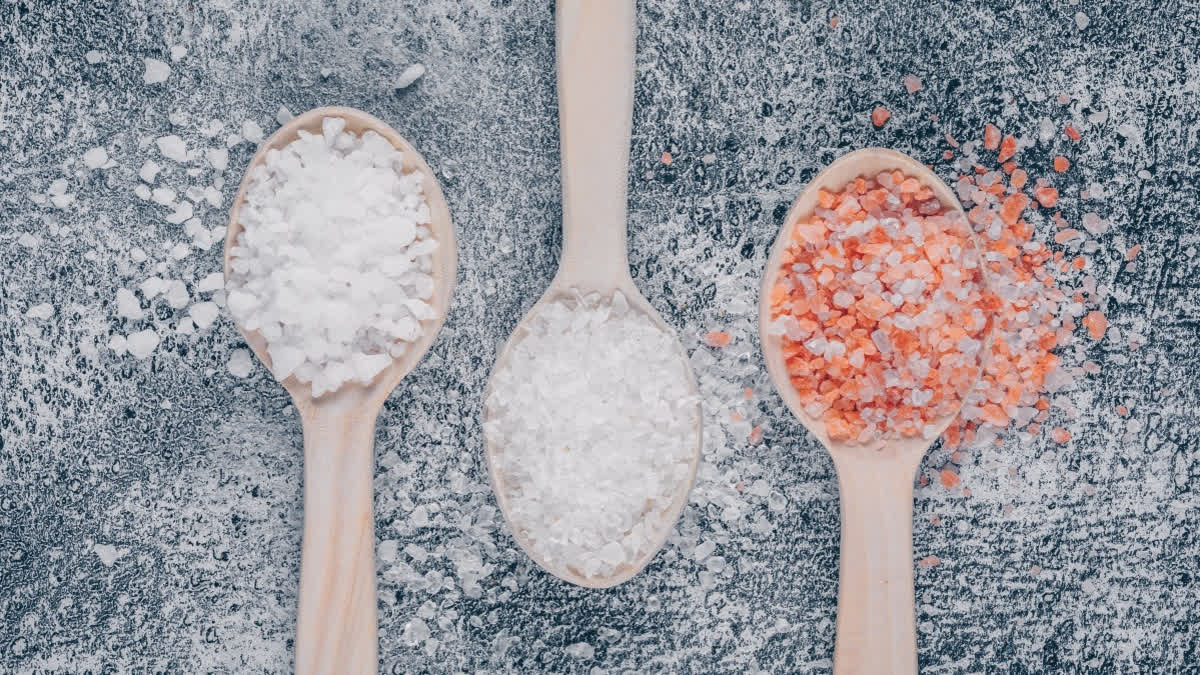A recent study done by The Lancet Public Health suggests that "excessive sodium intake is a major killer globally, contributing to cardiovascular disease (CVD) and chronic kidney disease (CKD)."
The research also recommended that mandating sodium levels in Australian packaged foods in line with the World Health Organization (WHO) can prevent around 40, 000 cardiovascular events including heart attacks and strokes and up to 3,000 deaths over ten years. Around 32,000 new cases of kidney diseases could also be avoided. Led by researchers at The George Institute for Global Health in collaboration with Griffith University, UNSW Sydney and Johns Hopkins University, the study is the first to project the long-term impacts of setting mandatory sodium reduction targets for processed foods.
Professor Jason Wu, Head of Nutrition Science at The George Institute and Professor at UNSW Medicine and Health’s School of Population Health and an author of the study, said, "Our study projected enormous reductions in both cases and deaths from heart attacks, strokes and other heart conditions, as well as from kidney disease, within just a decade if the WHO reduction targets were mandated. Beyond ten years, we also showed that this reduction in disease burden could generate billions of dollars in savings from healthcare costs related to these diseases.”
Grandma's advice of eating less salt in daily meals seems more relevant now than ever. However, to boost that extra taste in the food, most of us are tempted to add a pinch. To follow the research, salt intake has several side effects - raising blood pressure – a key factor that increases the risk of heart attacks and strokes. It is essential to lower your sodium intake as a proactive measure that can dramatically improve heart health and potentially save lives.
The link between salt and cardiovascular health
According to Dr Nikhil Dhanpal, Consultant Vascular and Endovascular Surgeon at Vydehi Superspeciality Hospital in Bengaluru explains that salt, or sodium chloride, is essential for bodily functions like nerve transmission and muscle contraction, however, when consumed in excess, it puts the cardiovascular system under strain. "Prolonged exposure to processed food leads to hypertension which will eventually lead to heart health. A small amount of salt that we consume every day in our meals is necessary, however, processed and ultra-processed food contain more sodium and other preservatives which harm the heart health," says Dr Dhanpal.
He further explains that sodium attracts water, and a high-salt diet leads to water retention, increasing the volume of blood and subsequently raising blood pressure. "Over time, high blood pressure damages arteries, making them more susceptible to blockages that can result in heart attacks and strokes," he adds.
List of processed foods with high salt content you must avoid:
Canned soup and broth:
Canned soups, broths, and instant noodle cups are notoriously high in sodium. Just one serving can contain over half of the daily recommended sodium intake, putting a strain on blood pressure and heart health.
Processed meats:
Processed meats like ham, bacon, sausage, and salami are packed with sodium, as well as preservatives like nitrates. Even small servings can contribute to high blood pressure.
Ready-to-Eat meals:
Some of our favorite meals like pizza and pasta dishes are highly processed with added salt to enhance the flavor.
Cheese and processed cheese products:
Both can be nutritious in small amounts, but processed cheese spreads contain a lot of salt. Regular consumption can add up to normal sodium intake.
Snacks (chips, pretzels, and crackers):
Some of the most popular snack foods are loaded with salt to boost flavor.
Pickles and fermented foods:
The amount of salt used in the preservation of pickles and olives can shoot up regular sodium intake. As fermented foods can be beneficial for gut health, opt for low-sodium options.
Instant noodles:
